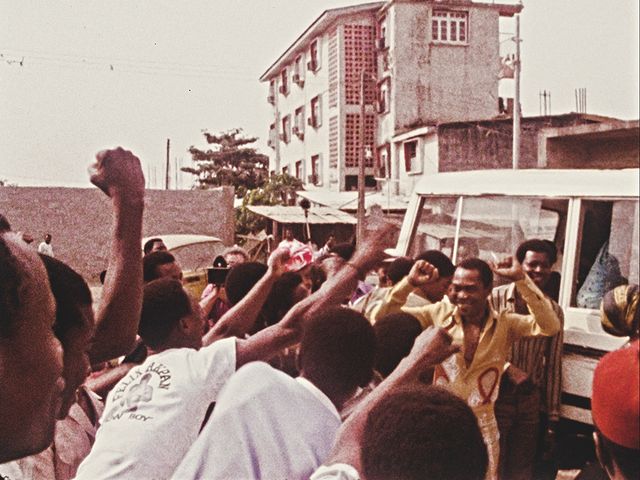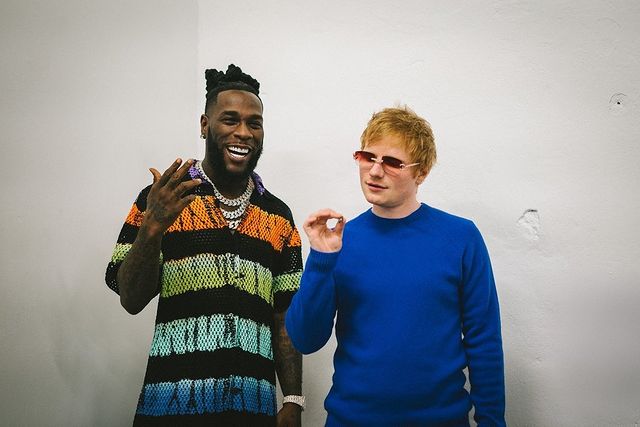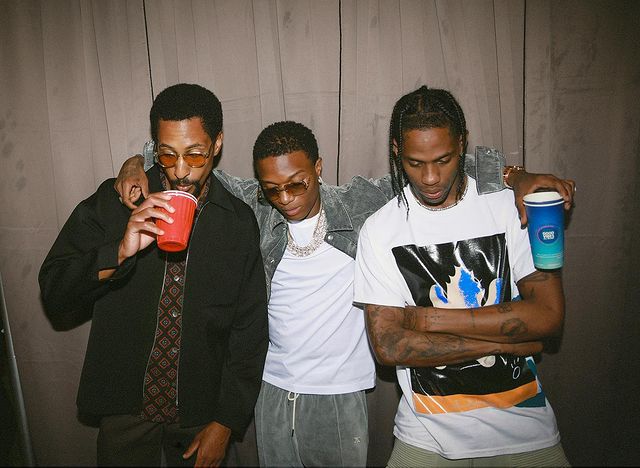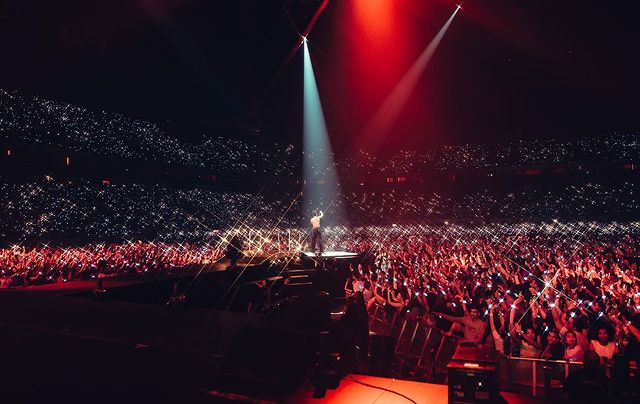In recent years, a global musical phenomenon has emerged, captivating audiences and igniting dance floors worldwide. Afrobeats, a genre that blends traditional African rhythms with contemporary influences, has experienced an unprecedented rise in popularity. Originating from West Africa, particularly Nigeria and Ghana, Afrobeats has transcended borders and become a powerful force in the global music industry. In this article, we explore the roots of Afrobeats, its journey to international acclaim, and its profound impact on the global music scene.
Origins and Influences

Afrobeats finds its roots in traditional West African music genres such as Highlife, Juju, and Afrobeat (note the subtle difference in spelling). Highlife, with its vibrant melodies and rhythms, was prominent in Ghana and Nigeria during the mid-20th century. Afrobeat, pioneered by the legendary Fela Kuti in the 1960s and 1970s, fused traditional Yoruba music, jazz, and funk, with politically charged lyrics that critiqued social issues. This genre played a significant role in shaping the foundation of Afrobeats.
Modern Afrobeats Emerges
The term “Afrobeats” (with an “s”) was popularized in the 2000s to distinguish it from Fela Kuti’s Afrobeat. The modern version of Afrobeats is characterized by its fusion of African rhythms, reggae, dancehall, hip-hop, and R&B, resulting in an infectious and danceable sound. Pioneering artists such as D’banj, Wizkid, and Fuse ODG gained international recognition for their catchy hits, bridging the gap between African sounds and mainstream Western audiences.
Global Recognition and Influence

The rise of Afrobeats was further propelled by collaborations with internationally acclaimed artists. The likes of Drake, Beyoncé, Major Lazer, and Ed Sheeran have joined forces with Afrobeats stars, showcasing the genre’s appeal and diversity to a broader audience. These collaborations not only introduced Afrobeats to millions of listeners but also opened doors for African artists on the global stage.
Social Media and the Digital Age
The digital age played a crucial role in propelling Afrobeats to new heights. Social media platforms, streaming services, and video-sharing websites enabled artists to reach audiences beyond their countries’ borders. Dance challenges and viral videos featuring Afrobeats songs contributed to its spread, creating a global dance culture centered around the genre’s infectious rhythms.
Afrobeats and Cultural Identity
Beyond its musical allure, Afrobeats has become a symbol of African cultural identity and pride. It has helped dismantle stereotypes, showcasing the vibrancy and diversity of the African continent. Moreover, Afrobeats has provided a platform for artists to address social issues such as poverty, corruption, and gender inequality, making it a powerful vehicle for social change.
Afrobeats in Mainstream Music

As Afrobeats’ popularity soared, its influence permeated various genres, resulting in its integration into mainstream music. Producers and artists worldwide began infusing Afrobeats elements into their tracks, leading to the emergence of sub-genres like “Afroswing” and “Afropop.” This cross-pollination not only enriched the global music scene but also fostered cultural exchange and appreciation.
The rise of Afrobeats has been nothing short of extraordinary, redefining the music industry’s landscape and captivating hearts across the globe. Its fusion of traditional African rhythms with contemporary styles has resulted in an irresistible sound that transcends cultural boundaries. As Afrobeats continues to evolve and inspire, one thing is certain: it has firmly secured its place in the annals of music history, and its infectious groove is here to stay.


